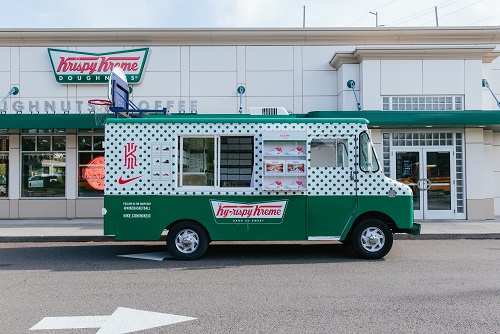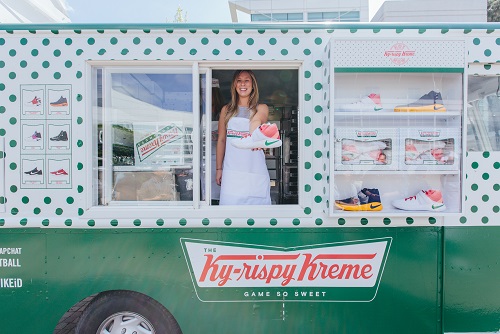Influencer Marketing in the Retail Industry: Leveraging Social Media to Drive Sales

When the retail industry prepares to sell their next product, they may not need to hire a major ad agency to build a campaign. They might do just as well by sending a DM to a social media influencer.
Errol Andam, founder of creative experiential marketing agency 10X10 StudioLab, explains that influencer marketing in the retail industry has led to companies leveraging social media to drive sales. Capitalizing on the inherent trust between an influencer and their fan base, companies can build partnerships with public figures to greatly benefit both parties involved.
What is Influencer Marketing
Influencer marketing – once considered “new and exotic” – is now the mainstream standard. It is similar to a celebrity endorsement, but employs the talent of a figure who is not necessarily a traditional star like an actor or athlete, but instead simply a person with a major social media following.
Common influencers include video game streamers, amateur musicians, chefs, makeup gurus, and more. They can be found across a variety of platforms and are also known as “creators” since they generate their own content, usually on video. Especially when targeting a younger audience, TikTok, Instagram, YouTube, and Twitch influencer partnerships can be particularly lucrative for retailers.
According to a study by LTK, Millennials and Gen Z buyers trust creators more than they trust advertisers or traditional celebrities. Thanks to the intimate nature of social media videos, photos, and comments, powerful influencers can create a close, intimate-seeming relationship with their followers. Retailers can potentially tap into that rabid loyalty and built-in fanbase to market their products.
How Influencer Marketing Increases Brand Awareness
There is an inherent trust between influencers and their fans that can mean influencer marketing has the power to increase brand awareness exponentially. According to Oberlo, influencer marketing’s market size in 2023 is $21.1 billion, a huge growth from 2016 when it was valued at only $1.7 billion. One can only assume its value will continue to rise for the foreseeable future as more and more turn to social media for comfort, entertainment, and information.
By partnering with an influencer, brands tap into a wealth of potential retail customers. An excellent recent example is the quick-service restaurant chain Cava, which partnered with influencer chef Meredith Haydento to launch a new limited-time dish. Suddenly, the Cava brand had exposure on TikTok among the chef’s 1.4 million followers.

How Influencer Marketing Promotes Businesses and Drives Sales
Retailers can harness this growing power to drive sales. Businesses can partner with influencers to organically market products like shoes, fashion, food items, makeup, electronics, and more.
This can be accomplished in a variety of ways, including product reviews, giveaways, competitions, ambassadorships, content collaborations, social media platform “takeovers,” or simple sponsored content, in which the influencer outright acknowledges they are being paid to promote a product. The influencer can be compensated with a social media follower exchange, free products, or even cash payment while the brand capitalizes on gained attention from a trusting audience.
The possibilities are endless, limited only by one’s imagination and creativity. Retailers would be smart to engage with influencer marketing and leverage social media to drive their sales.